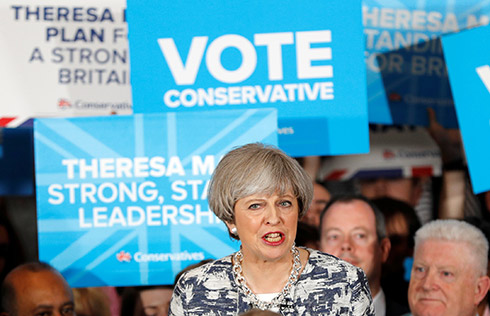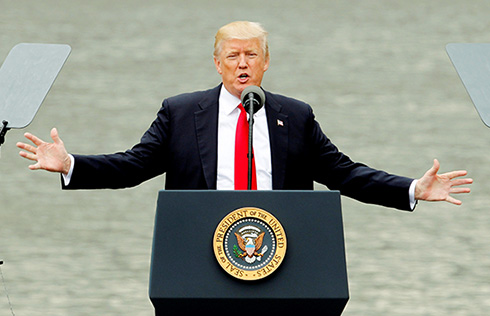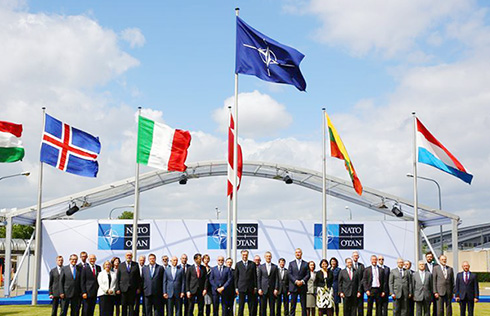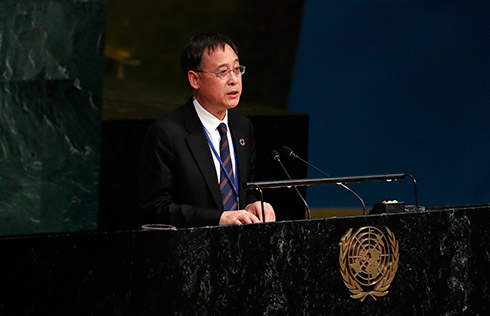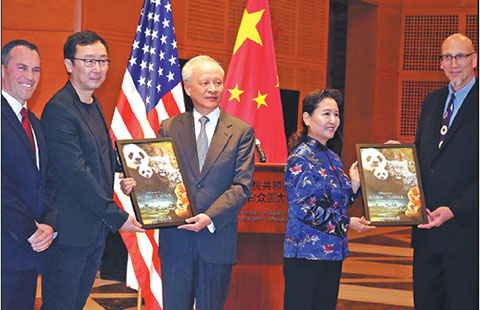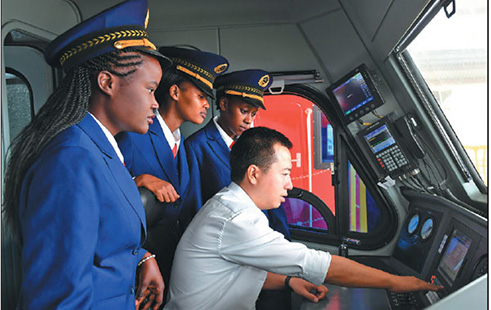Talks create opportunity for more two-way financial liberalization
Talks between President Xi Jinping and his US counterpart Donald Trump this week have raised hopes for further two-way liberalization of the financial markets and strengthened coordination of monetary and financial policies between Beijing and Washington, analysts said.
The expectation is that the first diplomatic encounter between the two leaders will have laid the groundwork for progress in key areas such as increasing US companies' access to the Chinese financial service sector, lifting the profile of the Chinese currency in the US market and cementing consensus over sensitive issues like the yuan's exchange rate against the US dollar, they said.
Xu Hongcai, deputy chief economist of the China Center for International Economic Exchanges, said that the meeting created an opportunity for the leaders to seek a two-way opening of the financial sectors on an equal basis, which would serve both countries.
"While allowing US companies to gain greater access to the Chinese financial market, China also is looking to push the internationalization of the yuan and would like to see New York develop into an international settlement center for the yuan," Xu said.
The meeting also offered a chance for the leaders to reach consensus over key issues such as exchange-rate policies, which will help foster stable trade and investment relations between the two countries, Xu added.
Chinese officials and financial regulators on different occasions have signaled their intention to further open capital markets to foreign players.
Fang Xinghai, vice chairman of the China Securities Regulatory Commission, said in February that Chinese policymakers are considering raising the cap for foreign-firm ownership in securities joint ventures in China.
The governor of China's central bank, Zhou Xiaochuan, expressed similar views at the recent Boao Forum in Hainan province, saying China will substantially cut the number of sectors closed to foreign investment, including banking, insurance, securities, and futures.
Robin Xing, chief China economist at Morgan Stanley Asia, called the opening of the Chinese financial industry one of the areas to be closely watched.
The meeting also was a chance for the countries to "bridge the communication gap and lay the groundwork to an economic and strategic grand bargain including cooperation in key areas, such as opening China's service sector, facilitating US exports to China and Chinese investment in US infrastructure, as well as strengthening geopolitical stability within the region," Xing said in a research note.





